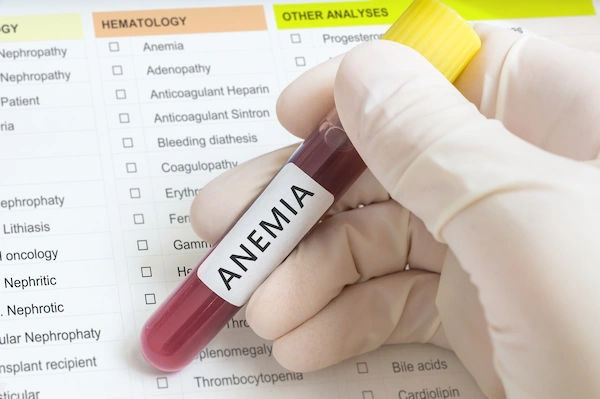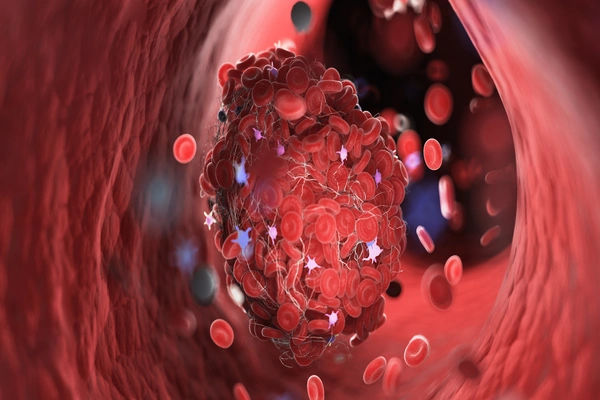- female
- 45 Years
- 29/01/2025
I've just gotten my blood test results back, and everything looks normal except for a high level of plateletcrit, sitting at 3.30 mLL. I don't have any other symptoms right now, but should I be concerned about this? What could it mean, and is there something specific I should do or look out for?
Answered by 1 Apollo Doctors
its normal finding
Dr. Mubarak Suggests...
Consult a Haematologist
Answered 04/07/2025
0
0

More Haematology Health Queries
View allI've been feeling okay, no fever or injuries, but I'm still a bit concerned. I recently got my blood work done, and my white blood cell count is at 11.8k and platelet count is 11.5 lakh. Not sure if this is something to worry about. What could be causing these numbers to be on the higher side?
Your bilirubin levels show a mild elevation, which can be caused by various factors such as: Liver inflammation or injury Hemolytic anemia Gilbert's syndrome Your ASTSGOT and ASTSGPT levels are slightly elevated, indicating mild liver stress. Consult your doctor to discuss the results and determine the underlying cause.
read more![Doctor 1]()
![Doctor 2]()
Answered by 1 Apollo Doctors
I'm a bit concerned about my lab results. My RDW is 14.7, which I believe is normal, but my eosinophils are at 6.1, and I'm wondering if thats on the higher side since the normal range is 1 to 6. My MPV is 11.7 fL, which seems normal since the range is 7.2 to 11.1. Also, my platelet count is 207,000 and normal, but Im still curious about the eosinophils being slightly elevated. Could this mean something I should be worried about? Any insight would be really helpful.
#NAME?
read more![Doctor 1]()
![Doctor 2]()
Answered by 1 Apollo Doctors
I'm a bit worried about my mom's blood work results. Her RDW came back at 14.2, and I noticed the reference range is between 11.5 and 14.0. Also, her PDW is 17.2, with the reference range being 9 to 17, and her absolute basophil count is 0. Plus, she's got some high cholesterol. Do you think this is something serious? Which specialist should I talk to about these results?
md medicine
read more![Doctor 1]()
![Doctor 2]()
Answered by 1 Apollo Doctors
Disclaimer: Answers on Apollo 247 are not intended to replace your doctor advice. Always seek help of a professional doctor in case of an medical emergency or ailment.



.webp)

